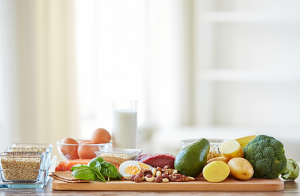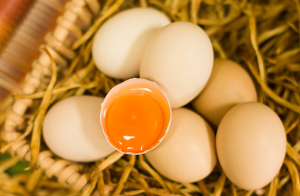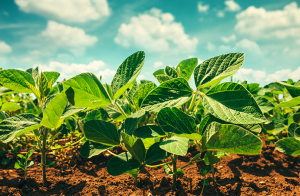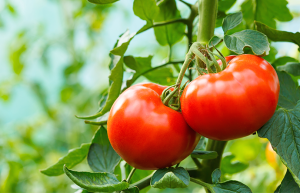L-Valine – essential amino acid and sugar-producing amino acid of mammals

L-valine is one of the essential amino acids and glycogenic amino acids in the human body, which can promote normal growth of the body, repair tissues, regulate blood sugar, and provide energy needed by organisms. Along with leucine and isoleucine, it becomes a branched chain amino acid, which is an important part of animal protein synthesis and energy supply.
L-Alanine – Enhancing Taste with Health in Mind

L-Alanine is one of the 20 amino acids that make up human proteins. It serves as a valuable amino acid supplement, participating in the metabolic cycles of the three major nutrients in the human body. AHB has successfully overcome the anaerobic fermentation technology challenges and achieved the first international-scale production of L-Alanine using microorganisms. This breakthrough has significantly reduced production costs, while the technology has reached a globally leading standard. Additionally, it is derived from renewable glucose as the raw material, and the fermentation process results in zero carbon dioxide emissions, offering substantial economic and environmental benefits, all while promoting both taste and health.
L-Alanine – Making Harvest Simple
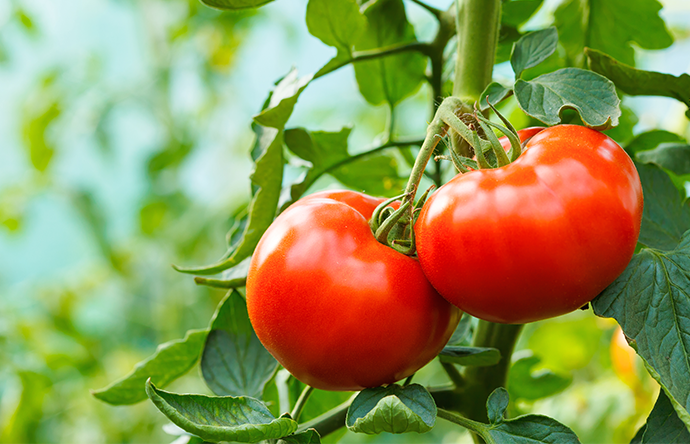
L-alanine is made from corn starch as the core raw material. AHB has developed and applied a fermentation process centered on microbial “cell factories” using synthetic biology technology. Plant derived alanine is refined through microbial fermentation and can be used as a fertilizer enhancer.
L-Alanine — Powering a new generation of sustainable cleaning solutions

L-alanine is one of more than 20 amino acids that make up human protein. AHB has successfully broken through the bottleneck of anaerobic fermentation technology and successfully achieved the large-scale production of L-alanine by microbial anaerobic fermentation for the first time in the world. Compared with the chemical route, it has the advantages of short process flow and low carbon emissions, and its technology is internationally leading.And fermentation is carried out using a simple inorganic salt culture medium plus glucose, which avoids carbon dioxide emissions, has significant economic and environmental benefits, and promotes the promotion and application of the new environmentally friendly agent methyl glycine diacetic acid (MGDA).
L-Alanine – Enhancing Health and Flavor

L-Alanine is one of the 20 amino acids that make up human proteins. It can provide the essential amino acids required by the human body and participate in the metabolic cycles of the three major nutrients. AHB has successfully overcome the anaerobic fermentation technology bottleneck and, for the first time internationally, achieved large-scale production of L-Alanine through microbial anaerobic fermentation, significantly reducing costs and reaching an internationally leading level. With renewable glucose as the raw material and zero carbon dioxide emissions during the fermentation process, it offers significant economic and environmental benefits, combining both deliciousness and health.
L-Valine – Facilitating Muscle Gain and Fat Loss

L-Valine is one of the eight essential amino acids. As a branched-chain amino acid (BCAA), Valine, along with Isoleucine and Leucine, forms BCAAs. BCAAs can directly participate in oxidative energy metabolism in muscles and protein synthesis, promoting muscle growth and alleviating exercise fatigue, making them highly favored by consumers.
Inositol – The “Growth Factor” of Health
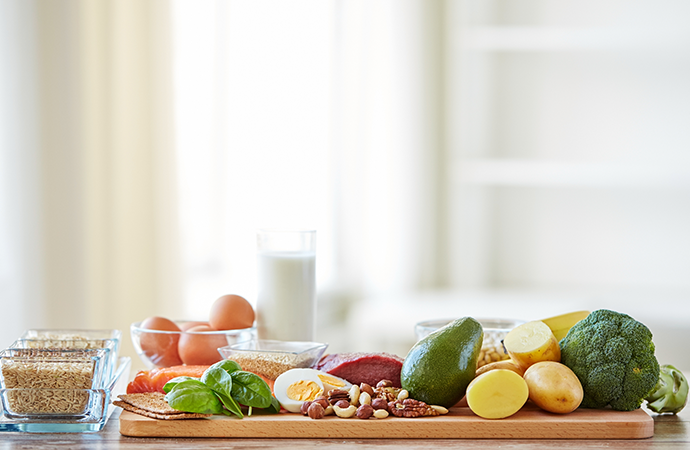
Inositol, also known as cyclohexanehexol, is a water-soluble vitamin and belongs to the B-vitamin group. Odorless and slightly sweet (about 50% as sweet as sucrose), it is an essential component for the growth of humans, animals, and microorganisms. It finds wide-ranging applications in the pharmaceutical, food, and other industries, often used as a nutritional fortifier in food products.
D-Calcium Pantothenate – A Vital Micronutrient for Sustaining Normal Physiological Functions in Humans and Animals
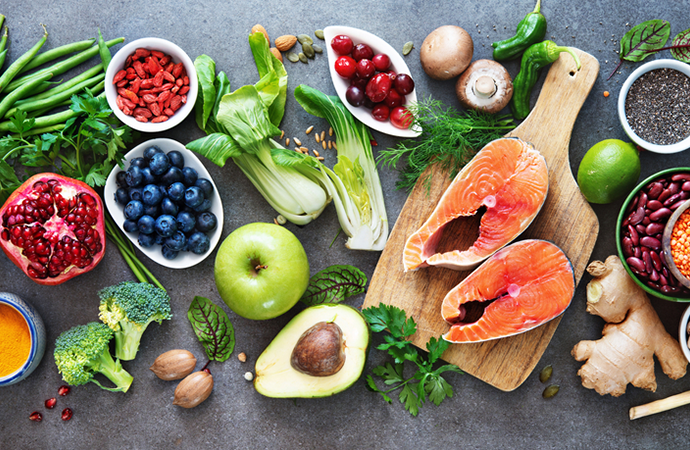
D-Calcium Pantothenate is a member of the B-vitamin family and is considered one of the essential nutrients for normal biological growth. It appears as white or slightly yellow needle-like crystals or powder, with a melting point of 195-196°C (decomposition). It is soluble in water, methanol, glycerol, slightly soluble in ethanol and acetone, and exhibits hygroscopic properties, with a mild sweet taste followed by a slight bitterness.
















